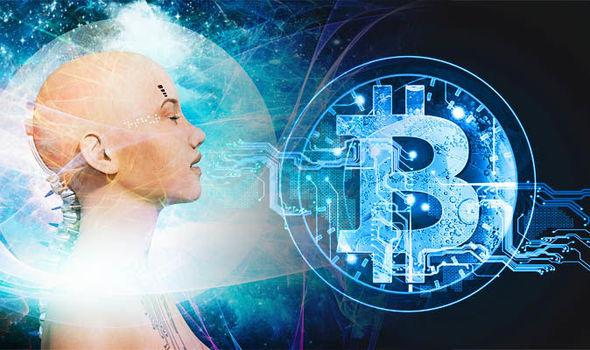Last week, I flew from London to Tel Aviv. The man sitting to my right was a road warrior, just this side of a late-night bender in London. He was rocking an ostentatious pair of headphones and a pair of pants ripped wide apart at both knees. Perhaps a D.J.? At some point, circumstances emerged for us to commiserate over the experience of flying on Easyjet (not the easiest). Soon after, we stumbled through the obligatory airplane smalltalk: Where are you going? What do you do?
Turns out I was flying next to the CEO of an AI+Blockchain startup.

It’s always a bit surreal when I learn of entrepreneurs combining AI with blockchain technology. For the past few years, whenever I found my myself bored among Silicon Valley socialites, this was my go-to satirical startup. What do you do? Startup CEO. What does your startup do? Deep learning on the blockchain… in The Cloud. Whoa. Continue reading “The Blockchain Bubble will Pop, What Next?”